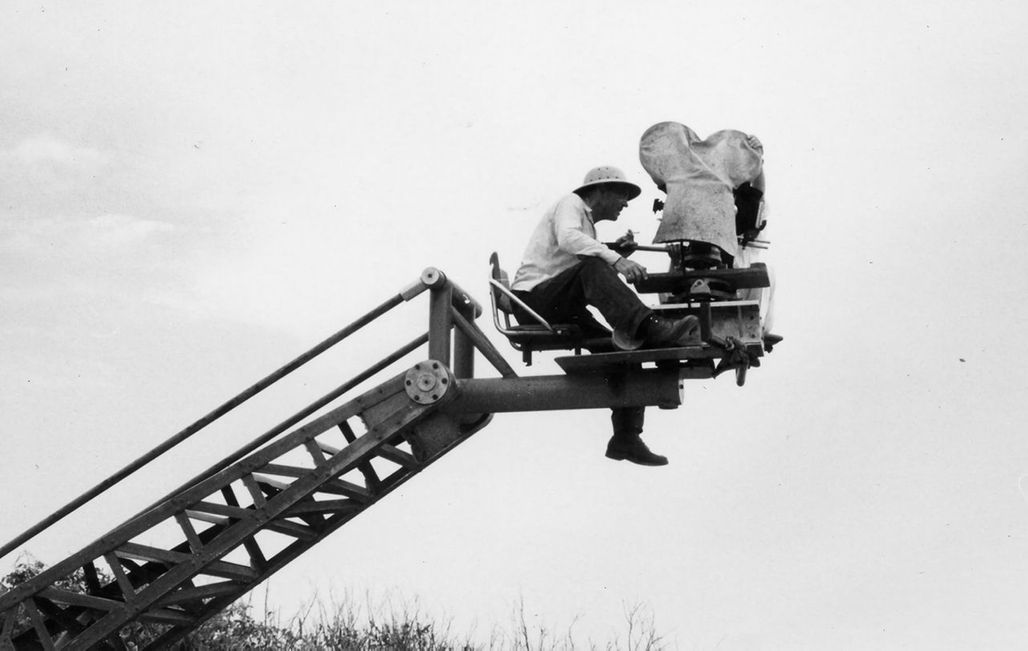
Buñuel, un cineasta surrealista: interview with Javier Espada

Javier Espada, author of a number of works on Luis Buñuel and founder of the Centro Buñuel in his Spanish hometown of Calanda, agreed to talk to us about his documentary Buñuel, un cineasta surrealista (Buñuel, a surrealist filmmaker), screened as part of Cannes Classics.
You've made a number of documentaries about Luis Buñuel. What themes does this latest film tackle?
The special relationship Buñuel fostered with the Surrealist movement from his very first film. The incredible poetry of his first images, the finest of boundaries between film and surrealist artworks.
His first film, An Andalusian Dog (1929), started with a screenplay he wrote with his friend Salvador Dalí. Peeling back the layers, his readings and 'innate' attraction to dreams shine through. These influences crop up again and again in his films, paving the way for Buñuel's fleeting involvement with the Surrealist movement. They serve as an inimitable hallmark stamp tinged with the Surrealists' aesthetic and ethics, positioning Buñuel as a 20th-century thinker and intellectual.
As a filmmaker, the challenge for me lay in recounting this relationship he had with Surrealism and in delving deeper into this influence, yet holding back from seeking to attempt to explain everything, allowing his film to maintain its intense poetic power. I offer up my perspective as a way of bringing his images to life, weaving ties between them for the audience to enjoy.
You were born in Calanda, a village near Zaragoza, like Buñuel. What was it about him that spoke to you?
One day, I found a box of stereoscopic photos taken around 1900 by the director's father. It felt like a portal into Buñuel's childhood. In a way, it was a way of tracking the memory of my homeland, the region as it had existed before my own childhood. Buñuel kept these photos, taking them to Mexico and looking back over them sometimes with all the nostalgia of an exile. We restored them to return all their lustre, and to bring out the details.
Buñuel and his creative mindscape
To immerse yourself in Buñuel's creative mindscape is to embark on a journey with no return: an experience that sees you brush up against yourself, your ideas, your imagination, and your dreams, and even your conscience and morals. Buñuel leaves nobody indifferent. He teaches us that everyone can create with what they have, using their own memories and dreams, while remaining faithful to oneself. Because Buñuel's films involve making the spectator feel he does not live in the best of worlds.
He draws inspiration from his childhood memories, his early interest in entomology, the many books he read, and his interest in and practice of Art. He was an artist with a powerful sense of humour, very ironic, a constant presence in all his films shot in Mexico, Spain, and France.


